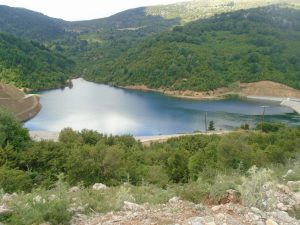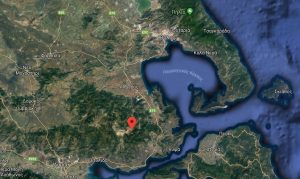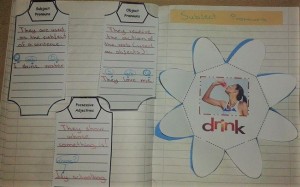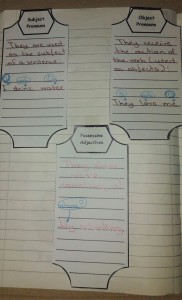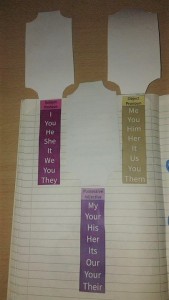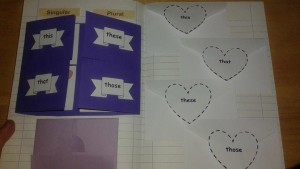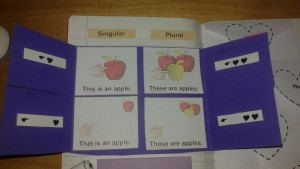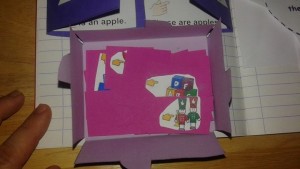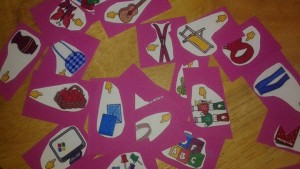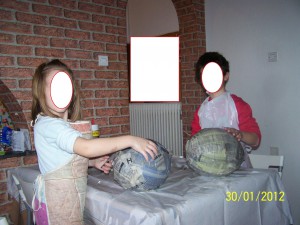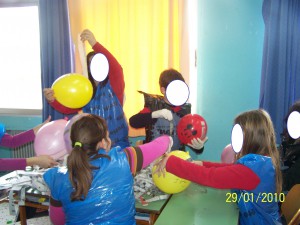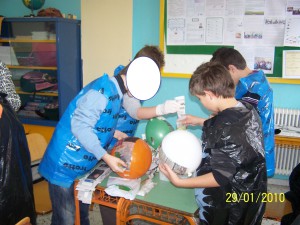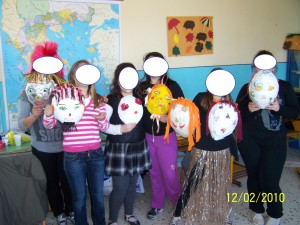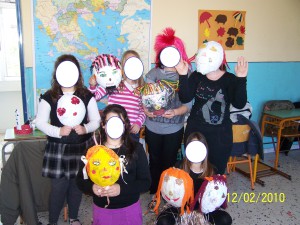When I first came across the Education Leaders Awards, I hesitated. I paused, looking at my screen with awe. I was thinking that these are the kind of awards where prestigious institutions, dynamic – mostly private – schools and inspiring educators from across the country showcase their work. And there I was – just a public primary school headteacher, trying to organize something meaningful for my colleagues, for my school. Could we really compete? Would anyone even notice?
But then I thought: what if they did? What if the everyday efforts of teachers in public schools, the small but consistent steps, the quiet innovation happening behind classroom doors, deserved a platform? What if organizing something to meet actual needs was worthy of recognition?
So, we applied. And we made it! The 4th Primary School of Almyros received the Silver Award at the 10th Education Leaders Awards 2025, for organizing asynchronous, distance professional development tailored to the needs of our teachers!
The innovation behind this effort lies in the fact that this wasn’t just any training. It started with a simple but powerful question: “What do you actually need to feel more confident and supported in your work?” We asked our teachers through a needs-assessment questionnaire and they responded anonymously. Their answers shaped the content of the training – from digital tools to European programs, inclusive education, differentiated instruction, and more.
The most challenging – though not surprising – part came from the consensus among participants: asynchronous online training was clearly the most convenient and preferable form of in-school professional development. Coordinating synchronous sessions after a full teaching day has always been an organizational puzzle — not to mention mentally exhausting! Therefore, as the headteacher being responsible to cater for my colleagues’ needs, I initially felt overwhelmed. “There’s no way I can actually meet this need,” I thought.
Frustration gave way to determination, though. Within half an hour, I found myself exploring the e-learningnew.sch.gr platform offered by the Panhellenic School Network — a resource I hadn’t even realized existed. That moment marked the first real step towards transforming a practical challenge into an opportunity. Working in the public sector, it is widely acknowledged that choosing asynchronous online training through the Panhellenic School Network platform ensures easy access, flexibility, and safety for everyone involved. Teachers could participate at their own pace, from any device, with continuous support through the messages supported by the platform, emails, a Viber group and in-person meetings.
The training paths were followed with a clear goal in mind: to make professional development a tool for empowerment, not a burden! What truly made this experience so rewarding was the response of the participants themselves! All of the teachers who took part completed the training module they had chosen successfully – a testament not only to their commitment but also to the practical structure and clarity of the content. Their final evaluations were overwhelmingly positive, praising the relevance and quality of the training. What’s more, many of them shared how much more confident they felt afterwards, ready to apply what they had learned in their classrooms. Throughout the process, they knew they could reach out – and they did – engaging in meaningful, solution-focused collaboration. Perhaps the most encouraging part was their spontaneous expression of interest in continuing with similar training initiatives in the future. That, to me, is the clearest sign that this wasn’t just a one-off project, but the beginning of something sustainable and genuinely needed.
That’s why we didn’t stop there! We opened participation to neighboring schools, helping fellow school leaders meet their training requirements. What started as a school initiative became a local support network! And the best part? These modules can be reused and enriched every year, adapting to the ever-changing needs of our teams!
This Silver Award is not just a trophy. It’s a recognition of public school effort. It’s a celebration of collaboration. It’s a reminder that innovation doesn’t need fancy titles – it needs people who care and dare! This Silver Award means an assortment of things to different people! For our teachers and me, it’s motivation! For our students, it’s a sign that their school grows alongside them! For our school, it’s a moment of pride and possibility! For our community, it’s proof that public education matters and leads.
The ceremony itself, in a hall full of inspiring educators and in the presence of the Minister of Education, was humbling. It showed that behind every nomination is a story of dedication, and that the public sector truly has a place among excellence. We didn’t set out to win an award. We simply tried to do what was right for our teachers. But this recognition gave us something equally valuable – a reason to keep going, to expand, to share, and to keep believing that good things happen when we act together with purpose!
I know I have said it before, but, right now, I need to give a big shout-out to all my colleagues in public schools: Your work is valid! Your effort is seen! And sometimes, the first step is just to believe it deserves to be shared!










